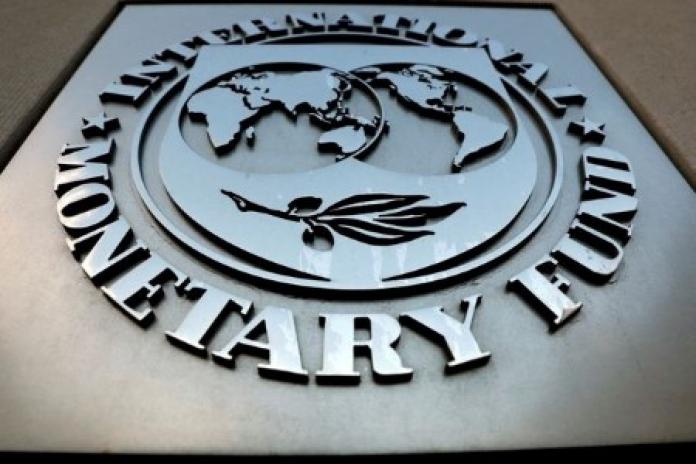BUENOS AIRES/WASHINGTON, (Reuters) – Argentina has sealed a $45-billion debt deal with the International Monetary Fund, the country’s government and the IMF said yesterday, after talks ironed out final wrinkles of an initial agreement reached in January.
“After intense negotiations, the national government managed to seal an agreement with the IMF,” the Economy Ministry said in a statement, adding the deal would be sent to Congress on Thursday and would look to refinance some $45 billion.
The IMF said the two sides had reached a staff-level agreement on a 30-month extended fund facility, including a program to tame high inflation, reduce money printing to finance the fiscal deficit, and deliver positive real interest rates.
The deal, which will roll over a failed $57 billion credit facility from 2018, is key to the grains-producing country stabilizing its crisis-hit economy amid rampant inflation and dwindling foreign currency reserves.
Argentina has now had 22 bailouts by the IMF, but Ilan Goldfajn, the Fund’s Western Hemisphere Department director, said in a press conference that this time would be different “because it is based on realistic goals, it is based on the pragmatic approach and it its based on ownership of the program by the (Argentine) authorities.”
Argentina’s Congress and the IMF board still need to approve the agreement, which follows over a year of talks that have weighed on bond prices and limited the country’s access to global credit markets.
The country’s sovereign bonds showed little immediate reaction, ending slightly lower on the day, still in the mid- to low 30 cents on the dollar area. The peso currency rose in popular alternative markets.
“Notably, the impact of the first news that the government would get an IMF deal on Argentine dollar bonds was surprisingly small,” said William Jackson, Chief Emerging Markets Economist at Capital Economics.
“It’s perhaps a bit too early to judge the market reaction to Argentina’s IMF deal. It seems likely that it will spur a rally in the U.S. dollar debt market, although investors may wait to see all the details.”
The Inter-American Development Bank and the World Bank will participate in the program by contributing 0.4% of GDP annually over the course of the program in budget support, said Luis Cubeddu, the IMF’s mission chief to Argentina, adding that their participation will ease the transition away from central bank financing. The 0.4% is a net figure, excluding repayments, he said.





